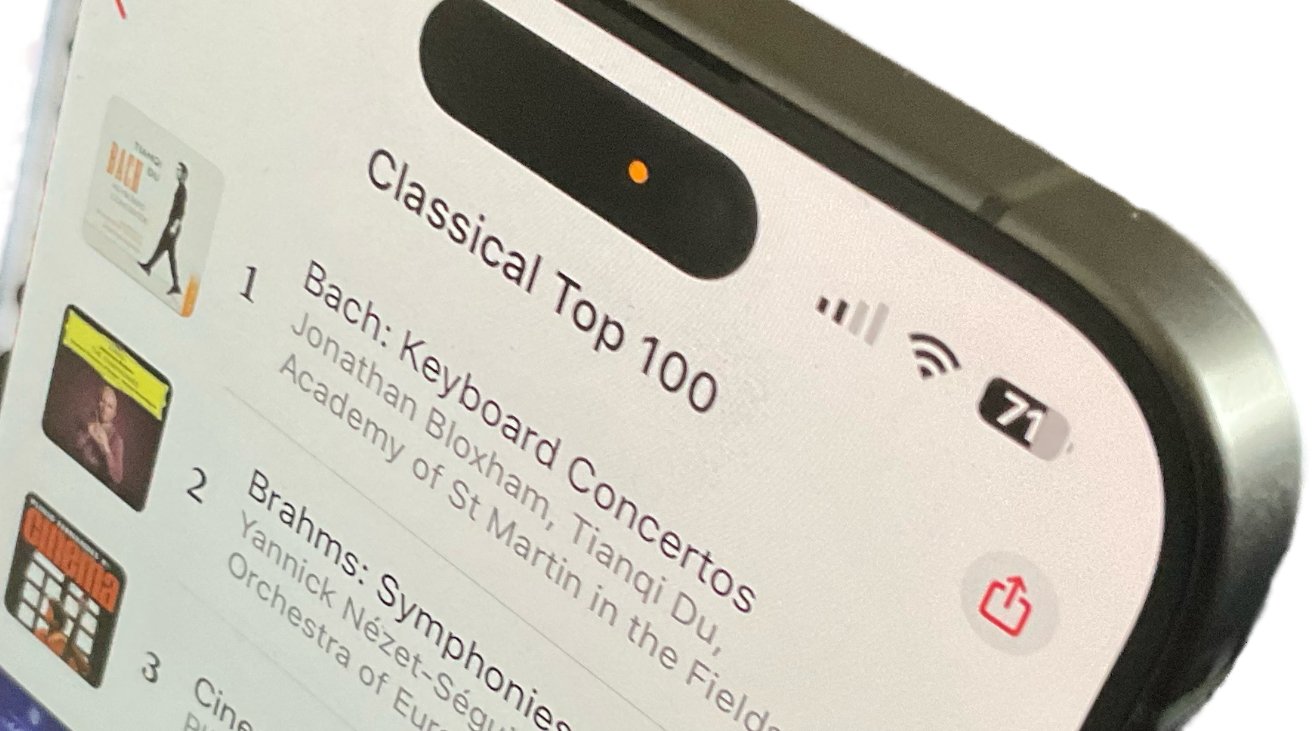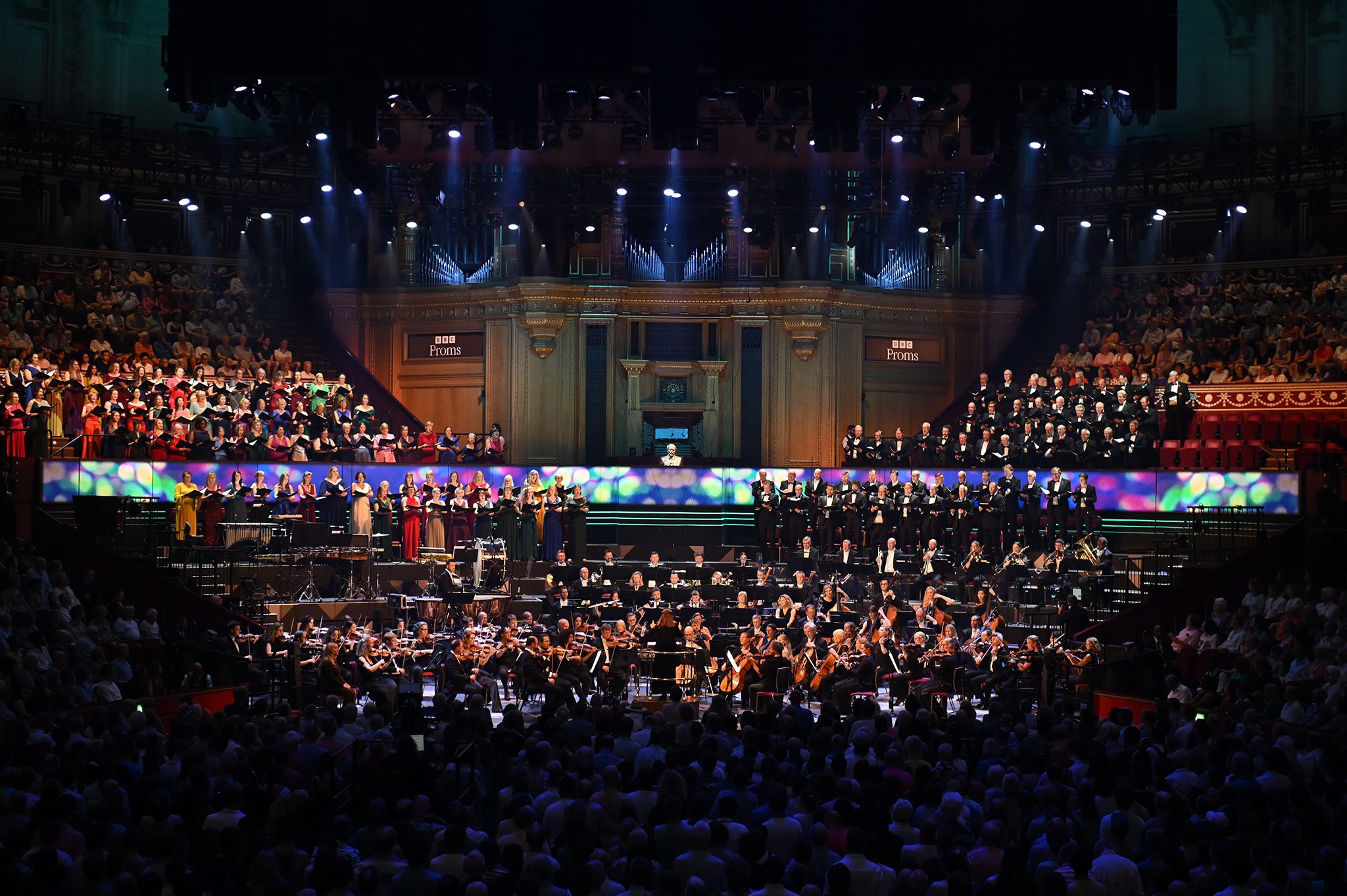Coalesce around a subject or an event and, if there’s a sense of loss attached to it, the classical music community has the power to celebrate and advocate in an inclusive and respectful way.
Unlike a lot of what I saw on various digital platforms yesterday, I wasn’t especially touched, broken, devastated or bereft by the news of soprano Jessye Norman’s death.
I was aware of her career of course, but her work had passed me by. I know. That sounds incredible given the love and respect rightfully bestowed in her lifetime and in the event of her death by many. That lack of awareness is perhaps even embarrassing.
A defence.
My musical focus has always been on orchestral repertoire. I recognise I always have to make an active choice to listen to vocal repertoire (and always have done) in the same way I have to force myself to watch action movies with my husband. Odd, I know.
The news and people’s reactions to the 74 year old’s death highlighted one of my musical blind spots.
But what really cut through amid the outpouring of sorrow, regret, recollections and executive posturing, were messages that struck a good balance of paying homage but avoiding self-indulgence – messages that effectively introduced ‘newcomers’ to Norman’s landmark recordings.
The Ulster Orchestra’s tweet in particular hit the mark for me – a low-key acknolwedgement of the passing of a great singer, an implicit statement on how staff were reflecting on it, and a knowledge-driven signpost to a must-listen recording.
https://t.co/ZKItTeBdyw
— Ulster Orchestra (@UlsterOrchestra) October 1, 2019
We’re taking a moment in the office to remember Jessye Norman, a remarkable woman and amazing talent. Take the time to listen to her Four Last Songs today.
I listened to her recording Strauss’ Four Last Songs repeatedly all day as a result, marvelling at the texture and power of her voice. A new discovery made.
Similarly, @morrisonkenny’s recollection of the impact hearing the soprano’s voice for the first time had on him.
Farewell Jessye Norman. Your Four Last Songs made my teenage self realise that there was more to life than listening to endless tiresome baroque music alone in my bedroom. Truly you were one of the greats
— morrisonkenny (@morrisonkenny) October 1, 2019
Kenny’s anecdote prompted me to reflect on the way in which I was introduced to classical music (through school), the limited repertoire we had on record at home (none), and how studies even at University were surprisingly limited. My listening development really kicked off when I started working in the arts. But still, my natural ‘home’ was orchestral music. I almost envied Kenny’s experience, now I come to think of it.
In this way (and the way that others shared their favourite recordings) the classical music world – the fans – unexpectedly felt inclusive. An unexpected event had triggered other people’s experiences which, once you filtered out some of the emotional hyperbole, actually achieved more in opening up to a newcomer a newcomer hitherto hidden away.
There is something rather touching about that. A beautiful kind of simplicity. A straightforward kind of advocacy that has opened a door to something new fronted by talent who in death provides a potent reminder of the political challenges we still face, long after she first triumphed in the industry.
All that from an unexpected death and a couple of tweets.
There is a blueprint to be drawn from this. Coalesce around a subject or an event and, if there’s a sense of loss attached to it, the classical music community has the power to celebrate and advocate in an inclusive and respectful way.



